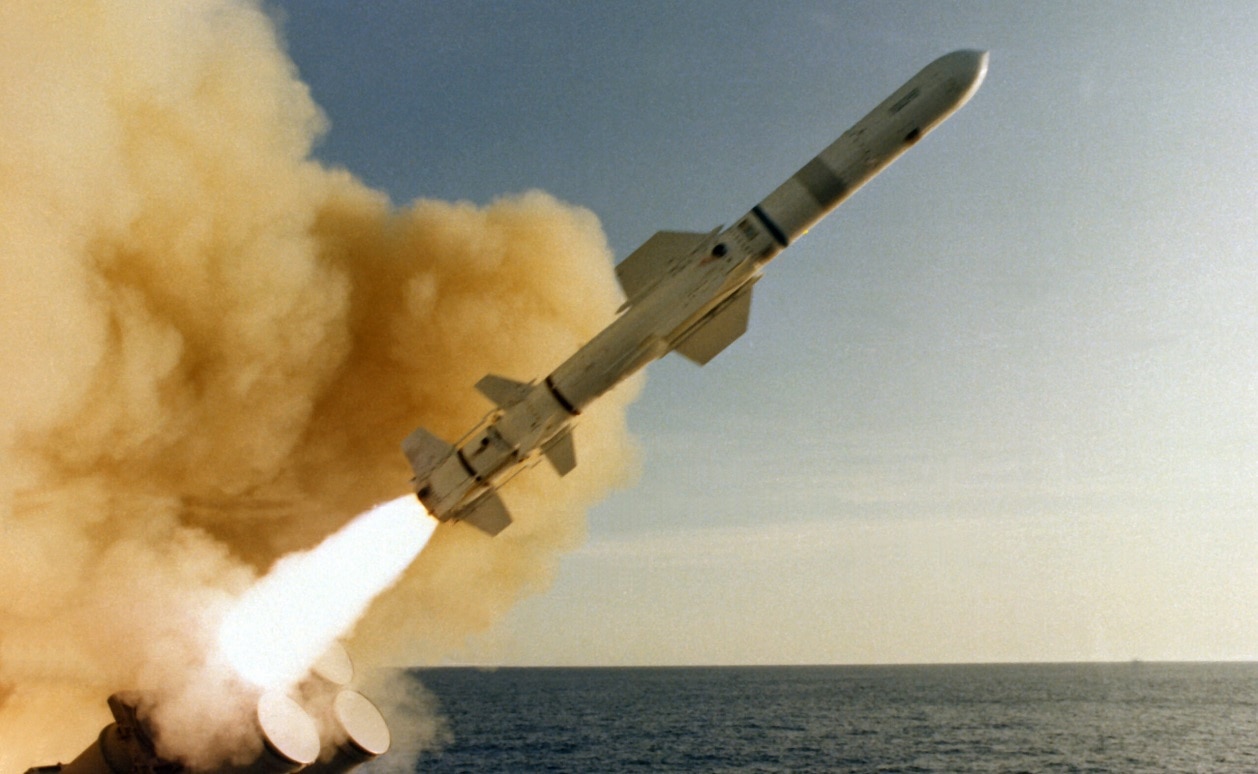Here are the Weapons Ukraine Requested from the U.S. – The United States Senate on Thursday passed the proposed $40 billion aid package for Ukraine. The Senate did not support an effort by Republican Senator Rand Paul to give power to a special inspector general to scrutinize how the funding is spent. Still, we do know that $34.7 billion of the aid will go towards military aid.
Specifically, the aid will mostly consist of weapons systems that will help the Ukrainian military continue its efforts to push Russian soldiers back over the border in its eastern regions.
The 86-11 vote means that the United States will now begin shipping billions of dollars of military equipment from existing stockpiles, and goes far beyond any previous rounds of aid for the country.
Republican Senate Minority Leader Mitch McConnell said on the Senate floor that the package “goes far beyond charity.”
“The future of America’s security and core strategic interests will be shaped by the outcome of this fight,” he added, calling on senators on both sides to “join this bipartisan supermajority.”
While the U.S. has not confirmed what weapons will be sent to Ukraine, we do know what Ukrainian President Volodymyr Zelenskyy has asked for on multiple occasions. Speaking to Defense News, Senator John Barrasso of Wyoming and Rep. Jason Crow of Colorado confirmed that the Ukrainian president told them he is seeking long-range artillery, anti-ship missile systems, and more sophisticated drones.
Anti-Ship Missile Systems
It looks like Ukraine will get the anti-ship missiles it has requested.
Three U.S. officials and two congressional sources say that the United States is considering sending the Harpoon anti-ship missile system built by Boeing, and the Naval Strike Missile built by Kongsberg and Raytheon.
The missiles will help Ukraine take out Russian cruisers blocking Ukrainian ships filled with 22 million tons of grain from leaving its ports in the Black Sea.
Long-Range Artillery
It’s not clear whether the United States will fulfill this request. Right now, Washington has sent M777 artillery batteries to Ukraine, but Kyiv seems to want even more or more advanced systems.
Ukrainian officials are reportedly growing frustrated with the Biden administration’s refusal to provide advanced U.S.-made long-range rocket systems and artillery. Officials have reportedly pleaded with the Biden administration to send its Multiple Launch Rocket Systems, but the president and his officials appear to be concerned about Russia seeing such a move as escalatory.
“There was momentum on it at Ramstein, but that seems to have cooled,” a congressional staffer said about the discussions.
Speaking to Politico on the condition of anonymity, one Biden official said that the two countries are still in “active discussion” about the long-range systems.
Advanced Drones
The United States has already fulfilled Zelenskyy’s request for more sophisticated drones, sending the newly-developed Phoenix Ghost drones to Ukraine in recent aid packages. The United States has reportedly delivered a “small proportion” of the promised package of 121 brand new Phoenix Ghost drones.
The capabilities of the new drones are still shrouded in mystery, with the U.S. government and military purposely not revealing the full specifications of the weapons. The Pentagon has, however, offered some insight.
“The Phoenix Ghost was in development by the Air Force before the war in Ukraine, and as we began to look across the department at programs that were in various stages of development, we realized that some of the very things that we were developing the Phoenix Ghost to do would be very useful to the Ukrainians,” one Pentagon official said, adding that the drone can be used for “anti-armor capabilities.”
Jack Buckby is a British author, counter-extremism researcher, and journalist based in New York. Reporting on the U.K., Europe, and the U.S., he works to analyze and understand left-wing and right-wing radicalization, and reports on Western governments’ approaches to the pressing issues of today. His books and research papers explore these themes and propose pragmatic solutions to our increasingly polarized society.

